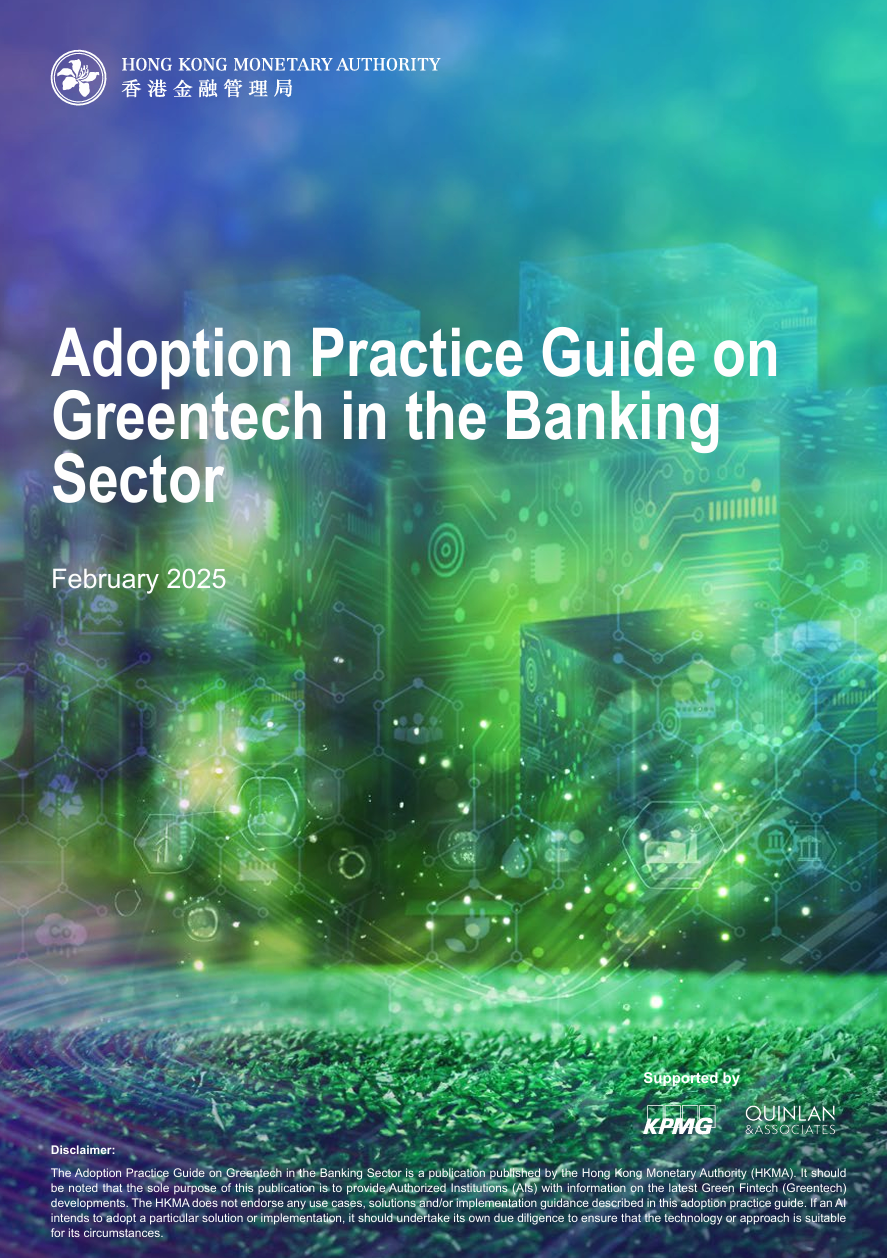
The Spreadsheet Blind Spot: Why Your AML Risk Assessment Is Dangerously Outdated
Is Your AML Risk Assessment Built on Shifting Sands?
In the relentless evolution of financial crime and the ever-watchful eye of regulators, a critical vulnerability often hides in plain sight: the spreadsheet. For years, Excel served as the workhorse for AML risk assessments. But in today’s high-velocity environment, characterized by complex global transactions, emerging digital asset risks, and demands for real-time responsiveness, this reliance has become a dangerous anachronism. As highlighted by recent RegTech Analyst insights, clinging to these manual processes isn’t just inefficient – it’s actively exposing your institution to significant compliance failures and strategic disadvantage. For senior leadership, the question is no longer if this approach is outdated, but how quickly you can transition to a more intelligent, resilient framework.
📖 Ref: RegTech Analyst (2025) From spreadsheets to smart compliance: The RegTech revolution in AML risk assessments
The Static Trap: When Your Risk Assessment Can't Keep Pace
The fundamental flaw of spreadsheet-based AML assessments lies in their static nature. They represent a snapshot in time, often updated periodically, while financial crime morphs continuously. The article points out the inherent risks – formula errors, version chaos, poor audit trails – but the strategic implication is far graver. These systems lack the capacity for the “speed, scalability and real-time responsiveness” essential today. They cannot dynamically ingest and analyse the “large, complex datasets” needed to identify sophisticated, evolving threats tied to crypto, DeFi, or intricate global networks mentioned in the analysis.
Predictive Insight: The clear inadequacy of static tools strongly signals an impending regulatory shift where periodic, manual risk reviews will be deemed insufficient. We anticipate supervisors will increasingly demand evidence of dynamic risk monitoring and the ability to rapidly adapt assessments to new typologies and intelligence. A system unable to provide this near real-time awareness won’t just be lagging; it will likely be considered fundamentally non-compliant, irrespective of the diligence applied to the last manual update. Furthermore, the drain on high-value compliance resources, tied up in spreadsheet management instead of “strategic oversight,” represents a critical misallocation of talent in an era demanding sophisticated human judgment.
Embracing Intelligent Defence: The RegTech Advantage
The move towards purpose-built RegTech platforms is not merely about automation; it’s about embedding intelligence and agility into the core of your compliance function. These platforms, designed specifically for the complexities of modern AML, automate laborious tasks, minimizing human error and freeing professionals for higher-level analysis. Their true power, however, lies in their dynamic capabilities. They enable real-time data processing, dynamic risk scoring based on evolving parameters, and instant alerts – transforming compliance from a reactive necessity to a proactive defence mechanism.
A crucial capability highlighted is seamless integration. RegTech platforms act as a central nervous system, connecting KYC processes, sanctions screening, and transaction monitoring into a cohesive whole.
Predictive Insight: This drive towards integration suggests the era of siloed compliance tools is rapidly closing.Regulators will increasingly expect a unified, holistic view of customer risk across the entire lifecycle. We predict that platforms offering robust APIs and pre-configured integrations won’t just be preferred; they will become the de factostandard for demonstrating comprehensive risk management. Furthermore, the emergence of platforms incorporating “expert-developed risk libraries” hints at a future where validated, dynamically updated risk intelligence is embedded within the technology itself, reducing reliance on purely internal, potentially outdated risk matrices and enhancing regulatory alignment by design.

Fortifying Trust: Security and Auditability as Standard
In an age of heightened cyber threats and stringent data privacy laws (like GDPR, mentioned in the source), the inherent security flaws of spreadsheets are glaring. RegTech platforms address this head-on, offering enterprise-grade security features such as robust encryption and granular, role-based access controls. Critically, they provide immutable, comprehensive audit trails.
Predictive Insight: Expect increasingly rigorous scrutiny from regulators and auditors specifically targeting the security and data governance surrounding compliance processes. The ability to demonstrate secure data handling and provide a clear, unalterable record of risk assessment activities and decisions will be paramount. RegTech platforms offer this “regulator-ready” transparency inherently, building trust and significantly streamlining audit processes compared to reconstructing trails from disparate spreadsheet versions.
The Strategic Migration: More Than Just a Software Swap
Transitioning from deeply embedded manual processes requires deliberate strategic planning, as the article advises. Assessing current weaknesses, defining clear objectives, selecting the right solution through rigorous evaluation (including proofs-of-concept), and managing the human element of change through training and internal advocacy are all critical steps. This is precisely where Studio AM’s expertise in navigating complex compliance transformations becomes invaluable.
Predictive Insight: The greatest risk in transition is simply digitising old, inefficient workflows onto a new platform. Realizing the strategic benefit requires fundamental process re-engineering. Leadership must champion a shift towards leveraging the full capabilities of RegTech – its configurability, its analytical power, its integration potential – to build a truly adaptive, risk-sensitive compliance function. This is not just an IT project; it’s a strategic business transformation.

Future-Proofing Your Compliance: The Non-Negotiable Shift
The evidence and trajectory are clear: relying on spreadsheets for AML risk assessment is a strategy destined for failure. The landscape demands intelligence, speed, integration, and security that these legacy tools simply cannot provide. Investing in modern RegTech is no longer a discretionary upgrade; it is a foundational requirement for building a resilient, effective, and future-proof compliance framework. By embracing these intelligent platforms, institutions transform AML risk assessment from a manual, vulnerable process into a dynamic, strategic asset – safeguarding the institution while enabling sustainable growth in the digital age. Studio AM is dedicated to partnering with leaders to make this critical transition seamless and strategically successful.




